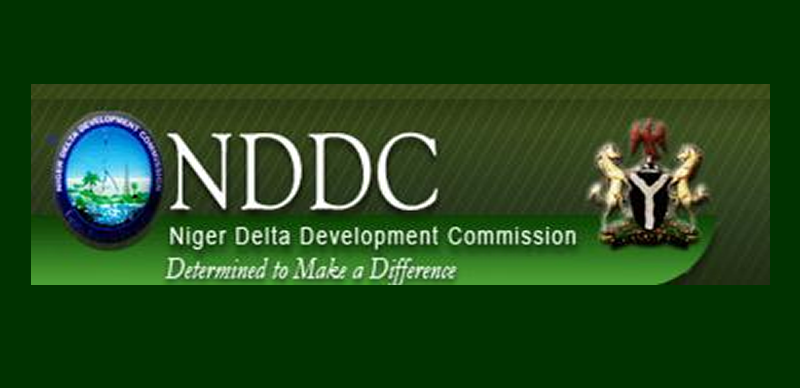The Niger Delta Development Commission (NDDC) has made a remarkable step towards youth empowerment in the Niger Delta region with the registration of 3.2 million youths for Project HOPE since its inception on July 4, 2023. Dr. Samuel Ogbuku, the Managing Director of NDDC, highlighted this milestone during the launch of the initiative’s second phase at the Rivers State Information and Communication Technology Centre in Port Harcourt. Project HOPE was conceived to confront critical issues predominantly affecting the youth, emphasizing job creation and engagement opportunities. The primary aim of the first phase was to establish a digital platform for data collection and analysis, laying the groundwork for future program execution tailored to the youth’s needs.
As Project HOPE progresses into its second phase, it sets out to implement eight specific programs focusing on job creation and youth empowerment across diverse sectors such as agriculture and technology. Ogbuku urged collaboration among all stakeholders including government agencies, private sector players, international partners, community leaders, and NGOs. By fostering such partnerships, the NDDC aims to amplify the reach and effectiveness of this vital initiative. Furthermore, he encouraged Niger Delta youths to fully embrace the opportunities Project HOPE offers, reinforcing their crucial role in driving regional development and transformation.
The initiative addresses a significant challenge faced by past empowerment programs, where political interests often influenced participant selection, resulting in disengaged or unmotivated participants. Dr. Ogbuku assured that Project HOPE would prioritize genuine interest and passion in its selection process, supported by a robust monitoring system to follow participants’ progress. This recalibration of the selection criteria is intended to foster a more invested and enthusiastic participant group, ensuring that those who are truly motivated can benefit from the training offered.
Sir Victor Antai, NDDC’s Executive Director for Projects, emphasized that Project HOPE transcends mere programming; it symbolizes a broader commitment to hope and societal change, birthed under Ogbuku’s leadership. The second phase consists of various strategic programs, prominently featuring a technology initiative called Mili-Tech, in addition to agriculture and entrepreneurship. This emphasis on technology aims to equip the youth with modern skills, enabling them to compete on a global scale and contribute to regional innovation. Antai noted the urgent need for a transition from destructive choices like militancy to constructive avenues through technological empowerment in an increasingly digital world.
With training opportunities in structured cabling, data analysis, animation, and software development, Project HOPE is poised to open considerable global opportunities for participants. The initiative not only enhances skill acquisition but also prepares the youth to become competitive within international markets. Dr. Chisom Wali, Rivers State Commissioner for Youth Development, commended the NDDC’s collaborative efforts with the state government and expressed optimism on the positive impact these programs would have on the future of youths in the Niger Delta.
In her support of Project HOPE’s new phase, Ambassador Blessing Fubara, a resource person for the initiative, pointed out the importance of launching eight quick-impact action initiatives. She stressed the need for an effective development model tailored to the unique challenges faced in the Niger Delta region. This approach is crucial for fostering sustainable development and empowering the youth, as it aligns with their immediate needs while contributing to long-term economic growth in the area. The success of Project HOPE stands as a beacon of hope for the Niger Delta, aiming to harness the potential of its youth and pave the way for a brighter, more prosperous future.














